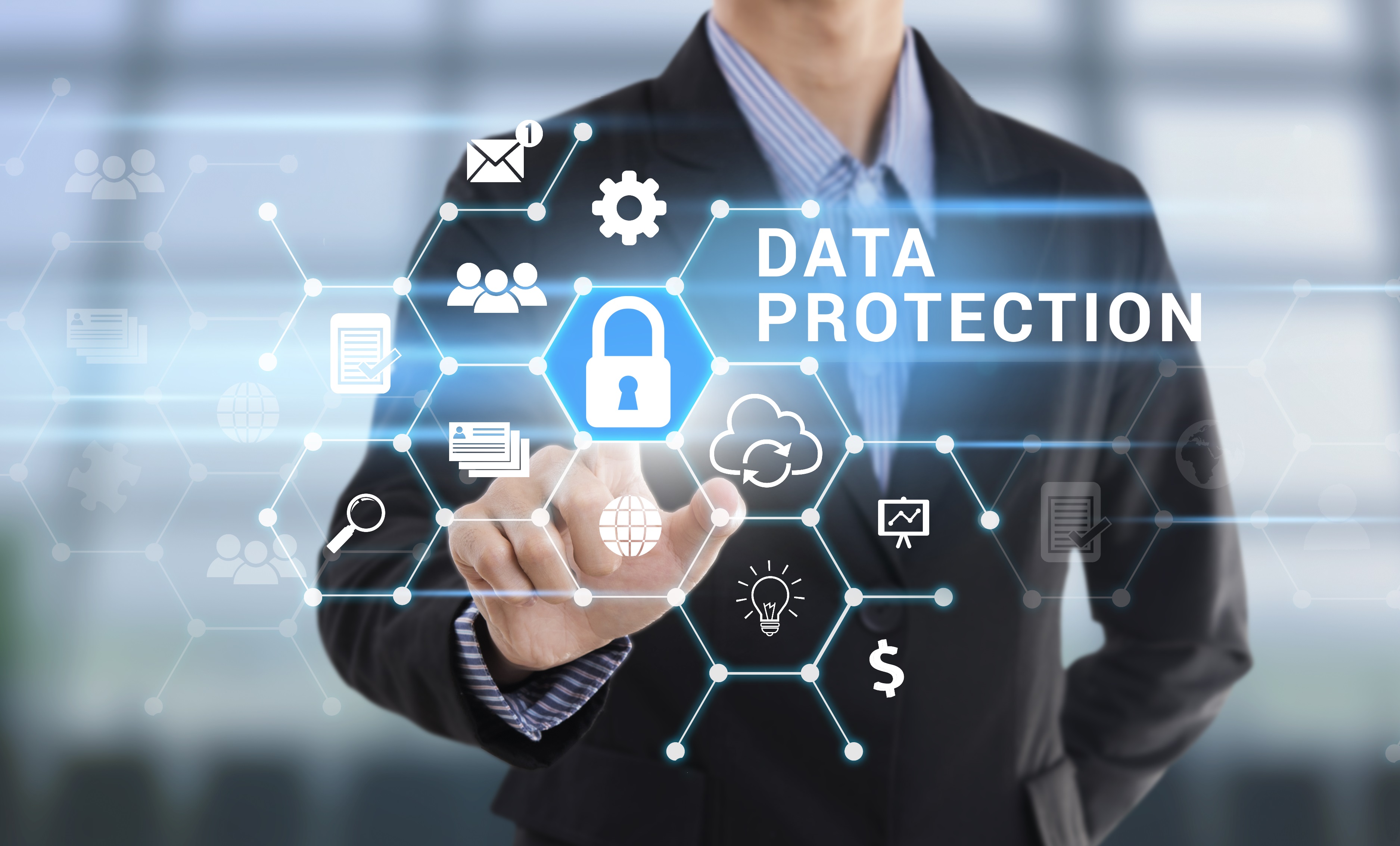Things You Want to Do to Protect Your Data on the Internet
In today's digital age, protecting your personal data online is more critical than ever. Cybercriminals are constantly seeking ways to steal personal information and use it for fraudulent activities. From phishing scams to data breaches, the risks are many, but there are also several ways to secure your personal data online.
-
Use strong and unique passwords
Using strong and unique passwords is one of the best ways to secure your personal data online. Avoid using the same password for multiple accounts, and make sure to use a combination of uppercase and lowercase letters, numbers, and symbols. You can also use a password manager to create and store strong passwords.
-
Enable two-factor authentication
Two-factor authentication adds an extra layer of security to your online accounts. It requires you to enter a code sent to your phone or email in addition to your password. This makes it much harder for hackers to access your accounts, even if they have your password.
-
Keep your software up-to-date
Software updates often include security patches that fix known vulnerabilities. Keeping your software up-to-date ensures that you have the latest security patches installed and reduces your risk of falling victim to cyberattacks.
-
Use a Virtual Private Network (VPN)
A VPN encrypts your internet connection and hides your IP address, making it much harder for hackers to intercept your data. This is especially important when using public Wi-Fi networks, which are often not secure.
-
Be cautious with public Wi-Fi
Public Wi-Fi networks are often not secure, and cybercriminals can use them to intercept your data. Avoid logging into sensitive accounts or entering personal information when connected to public Wi-Fi. If you must use public Wi-Fi, use a VPN to encrypt your connection.
-
Use anti-virus software
Anti-virus software can detect and remove malware from your computer, which can steal your personal data. Make sure to keep your anti-virus software up-to-date and run regular scans.
-
Be cautious of phishing scams
Phishing scams are one of the most common ways that cybercriminals steal personal data. They often involve sending fake emails or messages that appear to be from a legitimate source, such as a bank or social media platform, and asking for personal information. Be cautious of any unsolicited messages and avoid clicking on suspicious links.
-
Use secure websites
When entering personal information online, make sure to use secure websites. Look for a padlock icon in the address bar and "https" in the URL. This indicates that the website is using encryption to protect your data.
In conclusion, securing your personal data online is essential in today's digital age. By using strong and unique passwords, enabling two-factor authentication, keeping your software up-to-date, using a VPN, being cautious with public Wi-Fi, using anti-virus software, being cautious of phishing scams, and using secure websites, you can significantly reduce your risk of falling victim to cyberattacks. Remember to always be cautious when sharing personal information online and take steps to protect yourself.
Read Also: HERE'S DEVOPS PRINCIPLES YOU NEED KNOW

